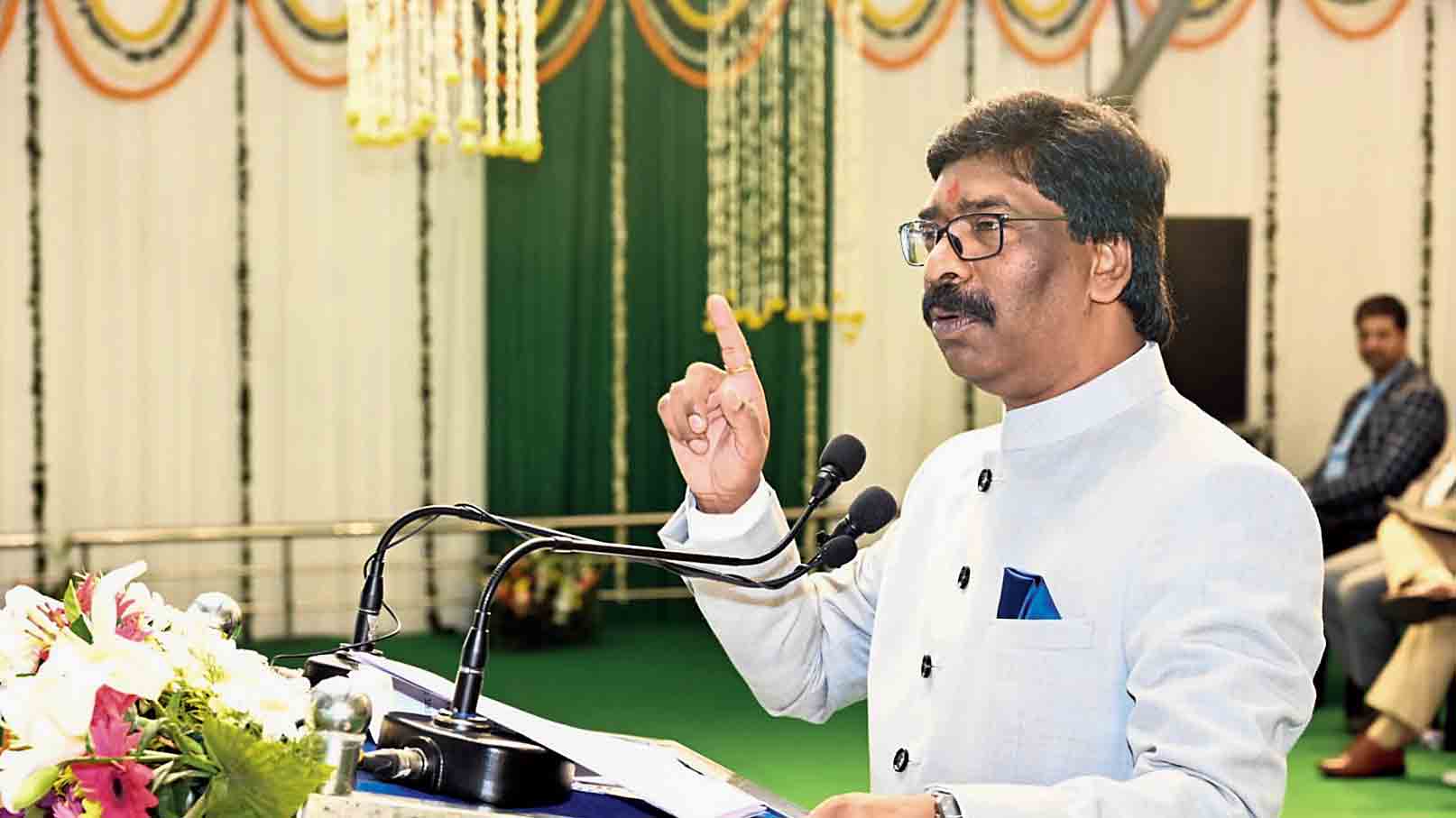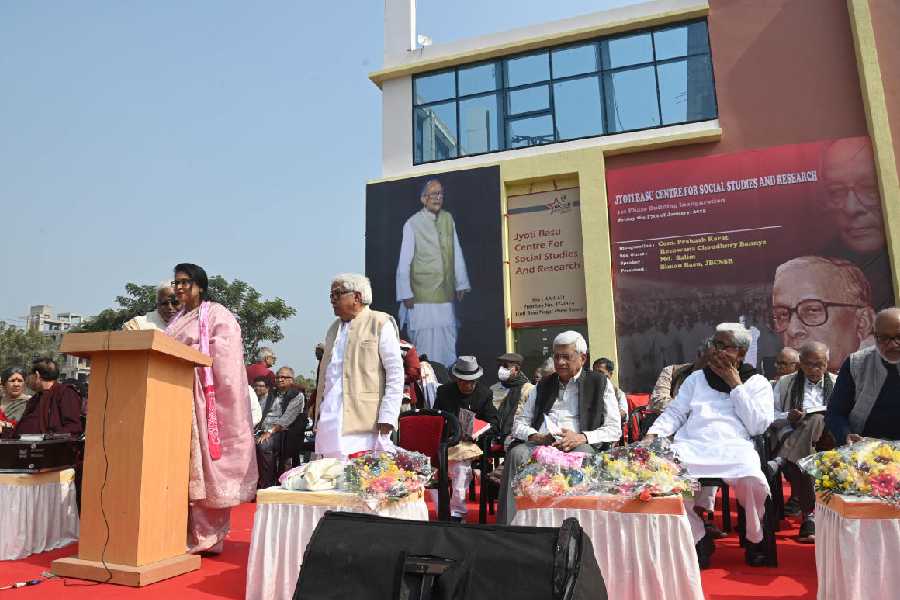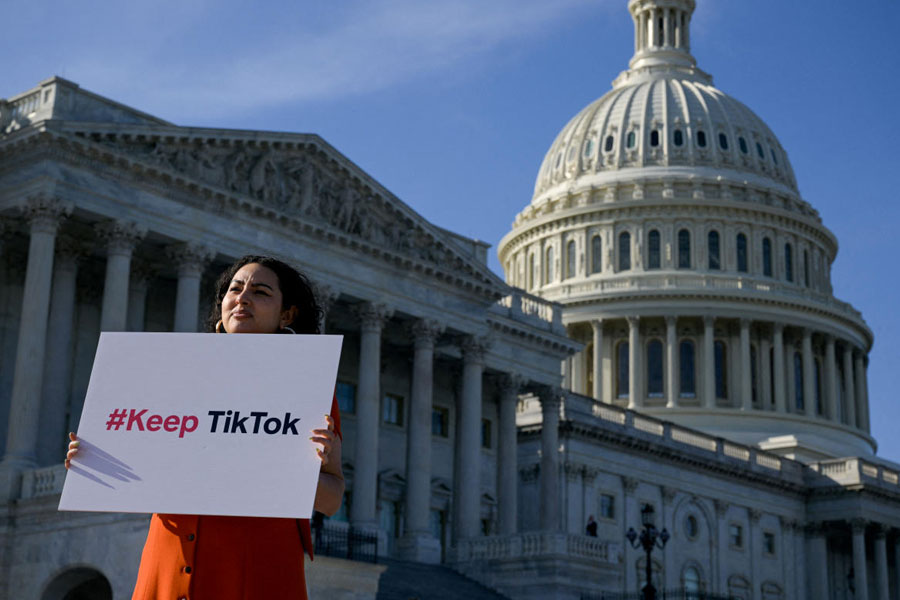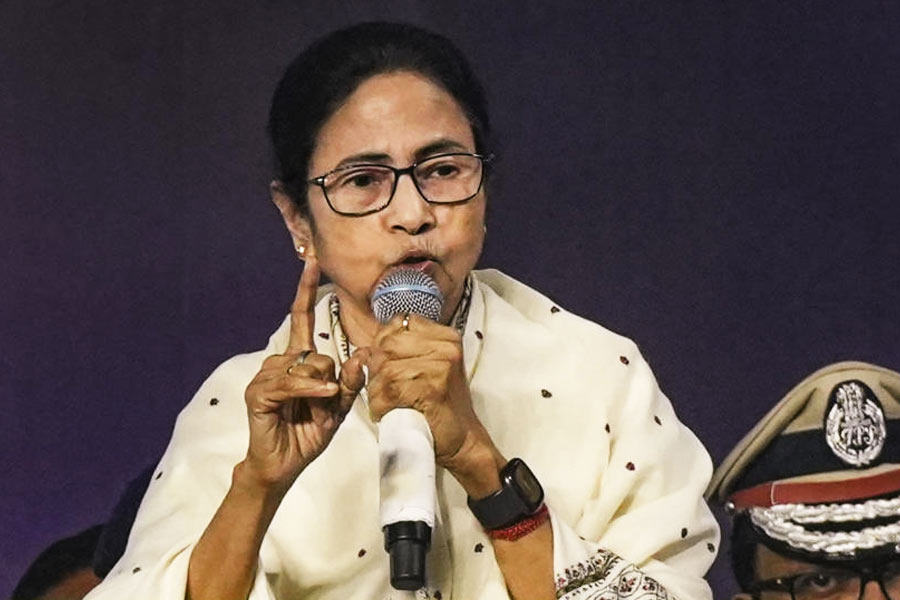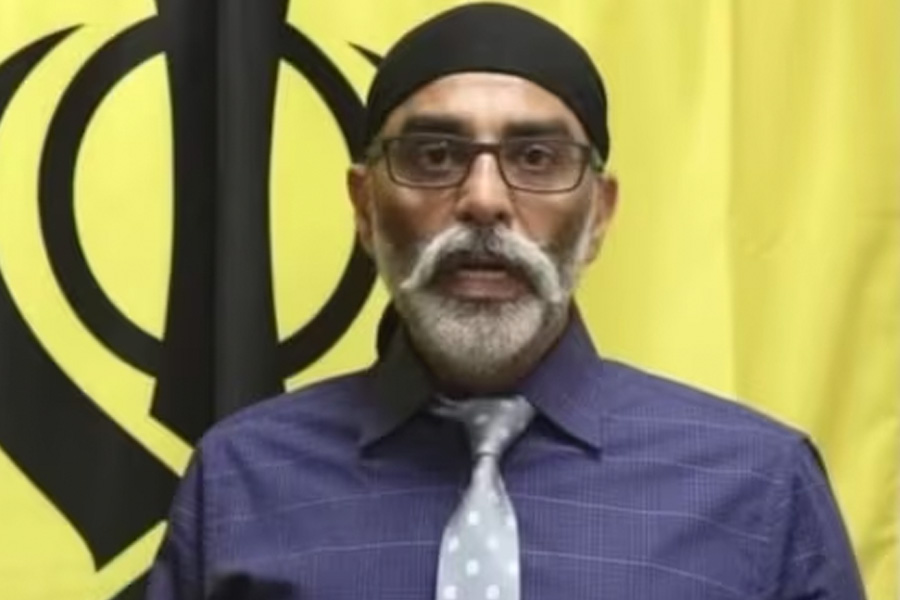Jharkhand Chief Minister has again asked Prime Minister Narendra Modi to bury the Union government’s proposed move to amend rules pertaining to the Indian Administrative Service (IAS), describing the changes as "draconian" and saying that he feared the move would further strain the already stressed ties between the Centre and states.
Hemant, who sent a letter his second on the issue to Modi on plans to introduce certain amendments in the IAS (Cadre) Rules, 1954, on Saturday, is the fourth non-BJP chief minister to air apprehensions about the Centre's proposal after Bengal, Chhattisgarh and Rajasthan.
“The disagreement of the Government of Jharkhand on the proposed amendments has already been communicated vide our letter no. 175 dated 12.01.2022. But in the meantime, we received another draft of the proposed amendments in the cadre rules of All India Services which, prima facie, appear to be more draconian than the previous one. I feel constrained to write this letter to express my strong reservations and apprehensions about these proposed amendments and strongly urge you to bury it at this stage only,” read the letter.
Hemant maintained that he failed to understand the reasons behind the amendments whose only purpose seems to be "to force any officer of All India Services serving in the affairs of the state to come on Central deputation without the officer’s consent and the state government’s NOC".
“If the objective is to meet the shortage of officers serving in the affairs of the Government of India then, I must say, it is not a desirable move because the state government exclusively get the services of only three category of officers i.e. IAS, IPS and IFS whereas the Government of India, every year, gets a huge pool of officers from more than 30-odd other All India Services for which UPSC makes recommendations without fail. The shortage in the Ministries of GOI can be easily met from this pool of officers,” he wrote.
Hemant highlighted that even though recruitments were being made after taking into consideration Central deputation reserve (CDR) the fact remained that there was an acute shortage of officers in small cadres like Jharkhand.
He said sudden deputation of officers outside their cadres would lead to mental anxiety and disrupt their family life, especially the education of their children. “This will demotivate the officer, lower his morale and create a fear psychosis in his mind. It is likely to affect his objectivity, performance and efficiency and the factor of uncertainty will always prevent him from giving his best while discharging his duties in a backward state like Jharkhand,” Hemant said in the letter.
He noted that the proposed amendments were contrary to the spirit of cooperative federalism and fundamentally, they appeared to be an attempt to design a lever to exercise indirect control over officers functioning in a state where the political party in power was different from the one at the Centre.

